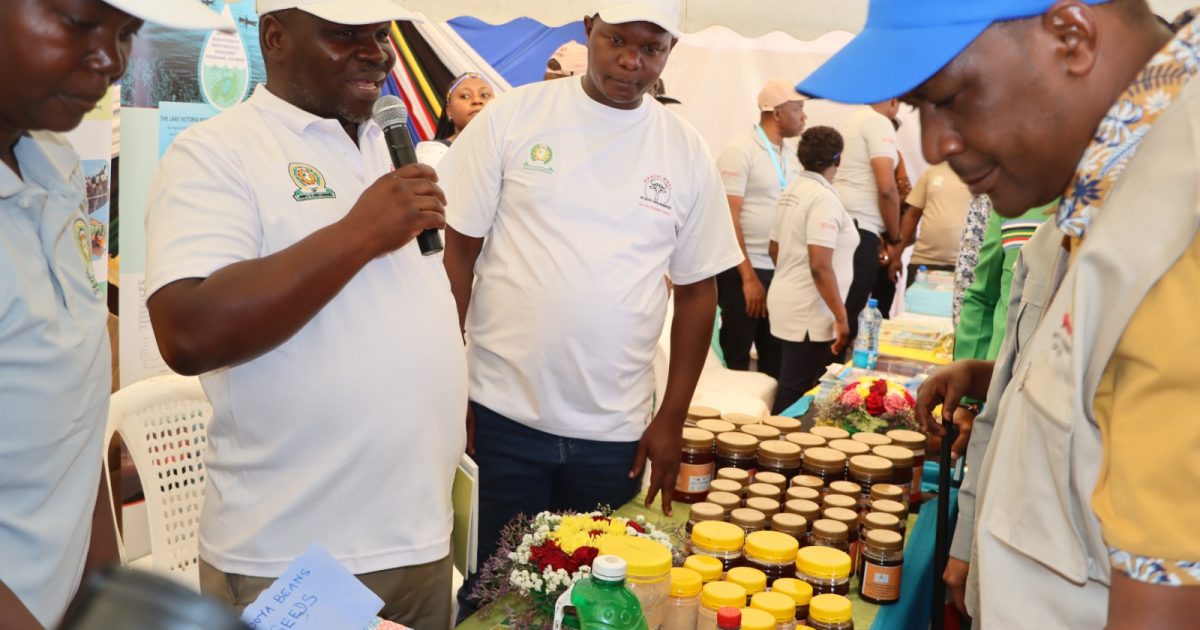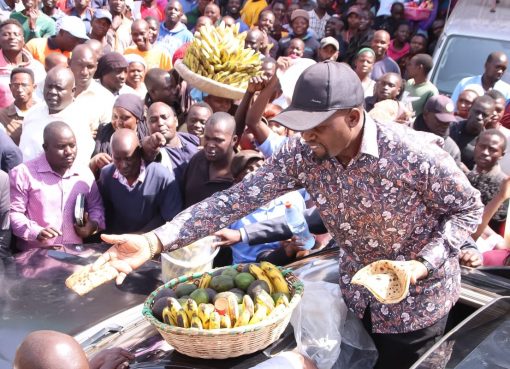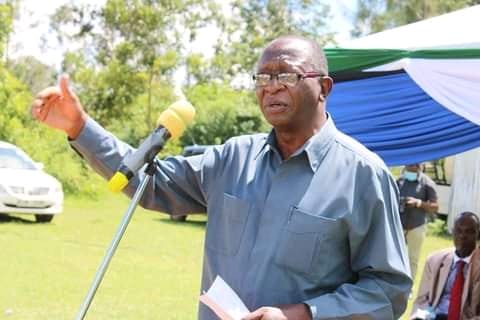Farmers in Siaya and Busia counties are smiling all the way to the bank following the introduction of technologies to cushion them against the effects of climate change.
This comes after a study conducted by the Lake Victoria Basin Commission (LVBC) which identified the two counties as the most vulnerable to climate change in the lake basin.
According to Siaya County Director of Environment, Climate Change and Natural Resources Mr. Gabriel Ogot, three groups in the area have benefited from the programme where they have deployed different farming technologies to build resilience and eke a living amidst changing weather patterns.
Ogot said through support from United Nations Environmental Programme (UNEP) Adaptation Fund, Weseso Women Group which is one of the beneficiaries has ventured into soya beans farming using solar powered irrigation.
He said through the use of a solar wheelbarrow which is locally fabricated, the group has rolled out commercial soya beans farming which is slowly transforming their lives.
He said that during the pilot, the farmers produced soya beans worth Sh970,000 and the earnings were set to grow tenfold with the expansion of land under the crop.
To maximise earnings, the farmers have ventured into value addition where they use soya beans flour to make chapati and mandazi, Ogot noted.
He said in Bondo Sub- County, the solar wheelbarrows have transformed the nutritional needs of the community through supporting the production of traditional African green-leaf vegetables.
Seven solar wheelbarrows have been deployed in the area, with a group named Dala Rieko spearheading the use of the technology in the area, he said.
“The community learnt this technology from a tourist who visited this area and encouraged them to make use of solar to pump water from Lake Victoria for Irrigation,” Ogot said.
Through capacity building and training by LVBC through the Adapting to Climate Change in Lake Victoria Basin (ACC-LVB) project, the farmers are now able to fabricated the solar wheelbarrow for irrigation in the area.
This, he said, was now supporting communities on the shores of Lake Victoria to diversify crop production to meet their nutritional needs.
Another beneficiary, Pambazuko women group, has ventured into poultry farming through use of solar energy.
The group has installed 10 solar powered hatcheries with a capacity of 450 eggs.
The intervention has come in handy to expand poultry farming with farmers who were struggling now reaping the benefits.
“The group is receiving eggs from Kisumu and other neighbouring counties where they charge Sh30 per egg to hatch,” he said.
In Busia County, the project supported apiary development, solar water drilling and nursery development.
The Director of Climate Change Dan Opilio said 42 farmers have been enlisted in a bee keeping programme and that so far, 80 beehives have been installed with the farmers realizing 15kgs of honey during the first harvest.
The farmers at Odiado in Funyula, target to upscale the bee hives having seen the benefits with one kilogramme of honey going at Sh1,000.
Adapting to Climate Change in Lake Victoria Basin (ACC-LVB) project was developed to increase climate resilience in the Lake Victoria Basin (LVB) through implementation of both regional and community-based climate change adaptation interventions and technologies.
The regional project is executed by Lake Victoria Basin Commission (LVBC) and implemented by five EAC partner states (Burundi, Rwanda, Tanzania, Uganda & Kenya).
The project is financed by Adaptation Fund through UN Environment (UNEP) and has overall objective of reducing vulnerability to the negative effects of climate change in the Lake Victoria Basin.
By Chris Mahandara





